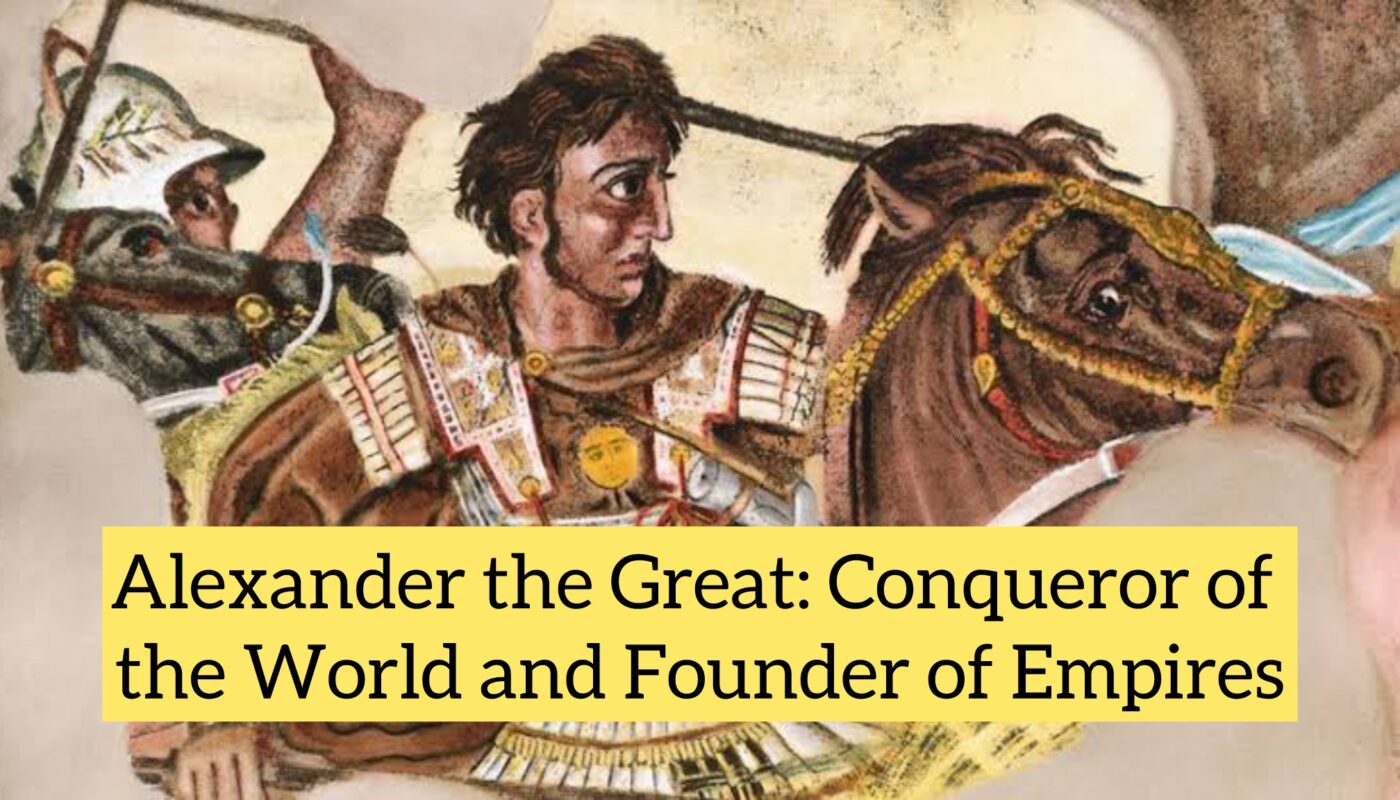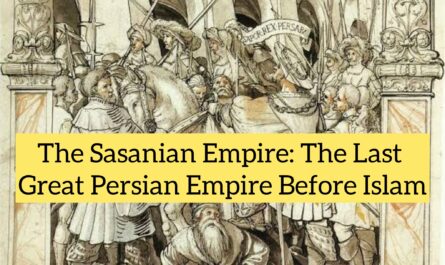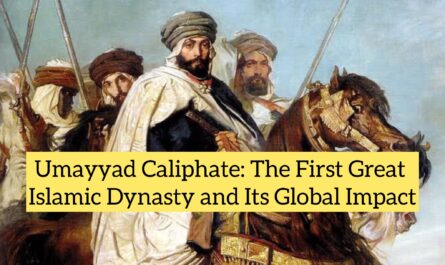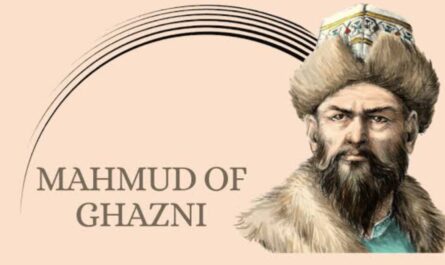Introduction
Alexander the Great (356–323 BCE) is widely regarded as one of the most successful military leaders and conquerors in history. His empire, at its height, stretched from the Greek peninsula to Egypt, and from the Persian Empire in the east to parts of India in the west. His unprecedented achievements in warfare and statecraft, as well as his profound impact on the ancient world, have earned him the title of “Great.” Through a combination of military brilliance, personal charisma, and cultural assimilation, Alexander reshaped the political and cultural landscape of the ancient world, setting the stage for the Hellenistic Era.
Although Alexander died at the young age of 32, his conquests laid the foundations for one of the largest empires in history. His legacy extends far beyond his military exploits, influencing a vast array of civilizations and cultures, from Greece to Egypt to India, and his vision of a cosmopolitan world where Greek culture mixed with local traditions would endure for centuries.
Early Life and Background
Birth and Family
Alexander was born in 356 BCE in Pella, the ancient capital of the Kingdom of Macedon, located in northern Greece. His father, King Philip II of Macedon, was a powerful and skilled ruler who expanded the Macedonian Empire through military conquests. His mother, Olympias, was a princess of the Epirus region and claimed descent from the hero Achilles. It was said that she had a significant influence on Alexander’s early life and instilled in him a belief in his own divine destiny.
Alexander was a gifted child with a strong intellectual and military upbringing. He was tutored by the famous philosopher Aristotle, who taught him subjects such as philosophy, science, medicine, and literature. Aristotle’s influence would shape Alexander’s worldview, fostering his love for learning and his desire to spread Greek culture throughout the known world.
Early Military Experiences
At the age of 16, while his father was on a military campaign, Alexander was left in charge of Macedonia as regent. During this time, he successfully led a military campaign against the Thessalians, securing Macedonian control over the region. He also founded the city of Alexandria (not to be confused with the more famous city in Egypt) as a symbol of his leadership.
By the age of 18, Alexander had proven himself a capable leader. He played a key role in the Battle of Chaeronea in 338 BCE, where he and his father defeated the combined forces of the Greek city-states. This victory secured Macedonian dominance over Greece and set the stage for Alexander’s later campaigns.
Ascension to the Throne
The Assassination of Philip II
In 336 BCE, when Alexander was just 20 years old, his father, Philip II, was assassinated. The murder occurred during a grand celebration of Philip’s planned invasion of Persia. The exact reasons for Philip’s assassination remain unclear, but it is believed to have been the result of a conspiracy involving members of the royal court. Regardless of the circumstances, the death of his father left Alexander as the new king of Macedonia.
Upon ascending to the throne, Alexander moved quickly to consolidate his power. He dealt with internal opposition, including a revolt by the Thessalians and a rebellion from the Greeks. Alexander’s swift and decisive military actions ensured that his authority was firmly established across Greece and Macedonia.
The Campaigns of Conquest
The Persian Empire: A New Target
Alexander’s primary ambition was to conquer Persia, the largest empire in the world at the time. The Persian Empire, under King Darius III, controlled a vast territory that included modern-day Iran, Iraq, Turkey, and parts of Central Asia. For centuries, the Greeks had viewed the Persians as their archrivals, and Alexander saw the conquest of Persia as both a personal and national goal.
The Battle of Granicus (334 BCE)
In 334 BCE, Alexander crossed into Asia Minor (modern-day Turkey) and faced the Persian forces at the Battle of Granicus. This was his first major battle outside Macedonia, and Alexander decisively defeated the Persian forces, which allowed him to advance further into Asia. The victory at Granicus also gave Alexander control over much of the western coast of Asia Minor, including several Greek cities that had previously fallen under Persian influence.
The Battle of Issus (333 BCE)
In 333 BCE, Alexander confronted Darius III in the Battle of Issus, near the modern-day border of Turkey and Syria. Despite being heavily outnumbered, Alexander’s tactical brilliance led to a decisive victory. Darius was forced to retreat, leaving behind his family and much of his army. This victory opened the way for Alexander’s invasion of Syria and Egypt.
The Siege of Tyre (332 BCE)
In 332 BCE, Alexander moved southward, laying siege to the heavily fortified city of Tyre in modern-day Lebanon. The siege was particularly difficult, as Tyre was an island city with strong defenses. However, through ingenious engineering and military strategy, Alexander’s forces eventually breached the walls of Tyre after a seven-month siege, capturing the city and its inhabitants. This victory further solidified Alexander’s reputation as a master strategist.
The Conquest of Egypt and Founding of Alexandria (332 BCE)
After the fall of Tyre, Alexander marched into Egypt, where he was welcomed as a liberator. Egypt had long been a subject of Persian rule, and the Egyptians saw Alexander as a figure of deliverance. During his time in Egypt, Alexander was crowned as Pharaoh and established the city of Alexandria, which would later become a major center of Greek culture and learning.
While in Egypt, Alexander also visited the Oracle of Ammon at the Siwa Oasis, where he was proclaimed the son of the god Ammon (a form of Zeus), a title that further bolstered his claim to divine favor. This experience would have a lasting impact on his sense of destiny and his desire to conquer the known world.
The Battle of Gaugamela (331 BCE)
The decisive confrontation with Darius III took place at the Battle of Gaugamela in 331 BCE. Darius, having regrouped his forces, faced Alexander with a much larger army. However, Alexander’s superior tactics and use of his cavalry decisively routed the Persian forces. Darius fled the battlefield, marking the final collapse of the Persian Empire. Alexander entered Persia and took control of the Persian capital, Persepolis, which he famously looted and burned, symbolizing the triumph of Greek culture over the Persian Empire.
Further Conquests in Central Asia and India
After the fall of Persia, Alexander turned his attention eastward, moving into Central Asia and eventually into India. In 326 BCE, he crossed the Indus River into the Indian subcontinent, where he faced the forces of the Indian king Porus at the Battle of the Hydaspes. Despite facing elephants and a well-prepared army, Alexander emerged victorious, solidifying his reputation as a military genius.
However, his troops, exhausted and longing to return home, mutinied at the Beas River, refusing to march further into India. This forced Alexander to turn back, and his dreams of further conquest were curtailed.
Death and Legacy
Death in Babylon (323 BCE)
In 323 BCE, while in the city of Babylon, Alexander fell ill and died after a brief and mysterious illness, possibly caused by fever, poisoning, or a combination of factors. His death at the age of 32 shocked the ancient world, as he had shown no signs of slowing down. Alexander’s sudden death left his empire without a clear successor.
After his death, the empire was divided among his generals, known as the Diadochi, who fought for control of different regions. The empire eventually fractured into several Hellenistic kingdoms, including the Seleucid Empire, Ptolemaic Egypt, and Antigonid Macedon.
Cultural Legacy
Although Alexander’s empire did not survive in its entirety, his legacy lived on in the cultural blending known as Hellenization. Greek culture, language, and ideas spread throughout the conquered regions, profoundly influencing Egyptian, Persian, and Indian civilizations. Cities founded by Alexander, such as Alexandria in Egypt, became centers of learning, philosophy, and scientific progress. The spread of Greek culture would have lasting impacts on the development of Western civilization and the Roman Empire.
Alexander’s Mythic Status
Alexander’s life and conquests became the subject of legends. He was portrayed as a god-king in both Greek and Eastern traditions. His image as a conqueror with divine favor inspired countless leaders, including Julius Caesar, Napoleon Bonaparte, and many others, who sought to emulate his success and glory.
Conclusion
Alexander the Great remains one of the most extraordinary figures in world history. His military genius, his ability to inspire loyalty among his men, and his vision of a united world of different cultures shaped the ancient world and left an enduring legacy that continues to influence global culture, politics, and military strategy. Though his empire was short-lived, Alexander’s impact on history remains unparalleled, making him one of the greatest



